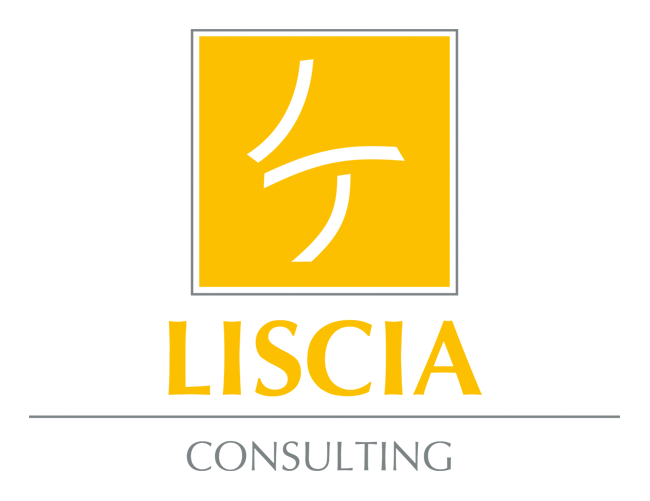This requires smooth action during rapidly changing, sometimes utterly chaotic events. A preinstalled, clearly structured emergency plan is not going to help you in a crisis, although many believe it will. In situations such as this, an emergency program built prior to the current crisis can prove counterproductive. Clinging to (meanwhile obsolete) regulations with grim determination – a well-known problem in public agencies and hierarchical companies – obstructs the path to creative solutions. Failure according to regulations seems to be more acceptable than success by way of unconventional solutions. At least then, everyone can say they stuck to the book, even if events have rendered the book hopelessly outdated.[1]
A crisis does not follow a script. Measure implementation must be monitored 24/7. This allows you to react as quickly as possible to influence impacts and revise your reactions when necessary. When our clients are working through a crisis, we visit them onsite in regular intervals to install and adjust support measures. Of course, these intervals are also adapted to the moment by moment need. […]
The word crisis originally comes from the Greek for decision. In late Middle English, the term denoted the turning point of a life-threatening disease or conflict, evolving into decisive point in the 17th century. Thus, a crisis demands you take decisive action and your decisions have a dual potential – they can either solve/heal or escalate the situation. But no pressure. […]
Our unquestionable competence, accumulated over years of experience with digital media, sustained and even strengthened our clients’ trust. Due to the lockdown’s travel restrictions, we transferred all appointments and events to the web. Since none of us were going anywhere, the days and hours we had previously spent traveling were now invested in increasing communication frequency with our clients. A most happy side-effect of our ease in working with all kinds of virtual events and communications arose from our clientele’s recommendations which led to new customers.
Heaven forbid this should sound as if we live in our own little world, ignoring the devastating impact the Corona crisis has had and still has on global health and economics. But consider this: There is little we can actually do about the many things going on in this world these days. In any crisis, the best we can do is focus on the positive aspects. And they are there, despite all the negative influences.
The law of polarity, summed up by Newton’s Third Law of Motion, states: For every action there is an equal and opposite reaction. We see this everywhere. Human beings constantly perceive their surroundings from a polar or dual perspective. A thing or event is good or bad, black or white, desired or undesired. No matter how many terrible things are happening, the opposite is also occurring at the same time. This doesn’t mean you should ignore or sugarcoat the damage or destruction but rather hold firmly in your consciousness the undeniable presence of positive manifestations.
Technological advancements over the past decades made it possible for many people to continue working during lockdown. From home. Twenty years ago, many business procedures would have come to a complete standstill. The same technology allowed families and friends to keep in touch with one another. It’s quite possible that the lockdowns inspired you to speak with some people more often than ever before since meeting face to face was no longer possible. Furthermore, researchers developed an effective vaccination in only twelve short months, protecting many people from a life-threatening illness and enabling us to return to a semblance of normality. You must admit, these are very positive things, aren’t they?
An excerpt from the book “Leadership is More – 27 Questions We Too Can Answer” written by Gianni, Jan & Marcello Liscia, 2022
[1] zeit.de, Lieber nach Plan scheitern, als mit kreativen Lösungen Erfolg haben/Better to fail according to plan than successfully adapt using creative solutions, published April 14, 2011.




